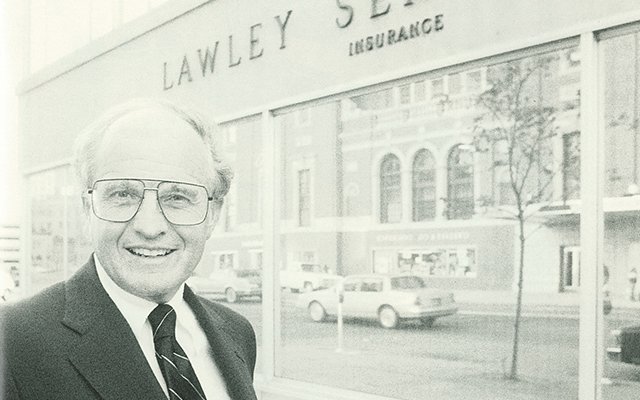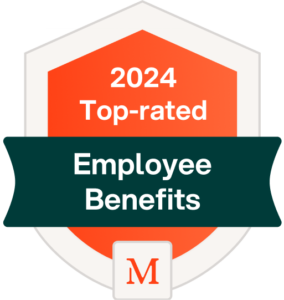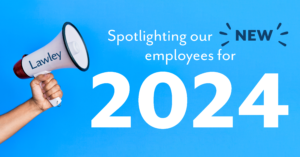Brian Murphy Featured in Buffalo Business First Article Discussing Employers Worried About The Cost of Affordable Care Act Changes


Employee Benefits Partner Brian Murphy was recently featured in a Buffalo Business First article discussing how employers are worried about the cost of Affordable Care Act changes coming on January 1st, 2016 and how this will affect their businesses and the benefits they provide to their employees. The article, written by Allissa Kline, can be downloaded here. The article can be read below as well:
Employers Worried About The Cost of Affordable Care Act Changes
The Affordable Care Act has been costly for some employers, and it may get even more expensive next year.
A recent survey by the International Foundation of Employee Benefit Plans found that 33 percent of respondents expect the greatest cost increase to happen in 2016 when new reporting and disclosure mandates take effect.
How bad it will be varies by employer.
One of the key drivers of the anticipated rising costs: new IRS forms that must be completed for each employee.
If the IRS forms are inaccurate or not submitted on time, employers will face penalties — $250 per general violation, maxing out at $3 million annually for mid-sized or large companies.
“The added complexity to clients has been really difficult,” Murphy said. “They have so much regulation they already have to follow in human resources, and adding more layers is becoming overwhelming.”
Some employers plan to outsource the work to payroll vendors, but others may try to complete them in-house.
Even if they do it internally, there will still be higher administrative costs.
“I think it’s a pretty big area of stress right now for many of our clients to see how this is going to unfold,” said Brian Murphy, employee benefits partner of Lawley in Buffalo. “The problem is that no one has ever done this before.”
The Affordable Care Act is more than five years old, but employers continue to grapple with understanding the requirements.
Many turn to their accountants and insurance brokers to figure out how to comply with the law without having to spend a fortune on health insurance.
Clients of Dopkins & Co. LLP accounting firm are already asking for help.
Robert Pollock, partner in charge of the Amherst firm’s tax advisory group, said the change in the large-employer definition means that more companies will be required to provide health coverage to their workers. Not doing so could lead to more fines.
To get around the law, some employers may decide to cut their workforce or reduce the amount of hours worked.
“I think some employers who might be close to 50 full-time employees might be looking for ways to limit their workforce,” Pollock said. “Could they have some of what was done by employees be done by contractors?”
As bad as 2016 might be for some companies, it could be even worse in 2018 when an excise tax on so-called “Cadillac” plans becomes law. The tax will be non-deductible and will apply to high-end plans above $10,200 for individuals or $27,500 for family coverage.
The tax will be imposed regardless of whether premiums are made by employers or their employees.
Murphy said the complexity of the health reform has attracted more people to Lawley’s private benefits exchange, Lawley Marketplace.
It launched two years ago and now has 120 clients with approximately 7,000 participants, Murphy said.
That number is expected to grow to at least 10,000 next year, he said.
“From where I sit on the benefits consulting side, the added complexity to clients has been really difficult,” Murphy said. “They have so much regulation they already have to follow in human resources, and adding more layers is becoming overwhelming.”
To download this article in PDF format, click here.







